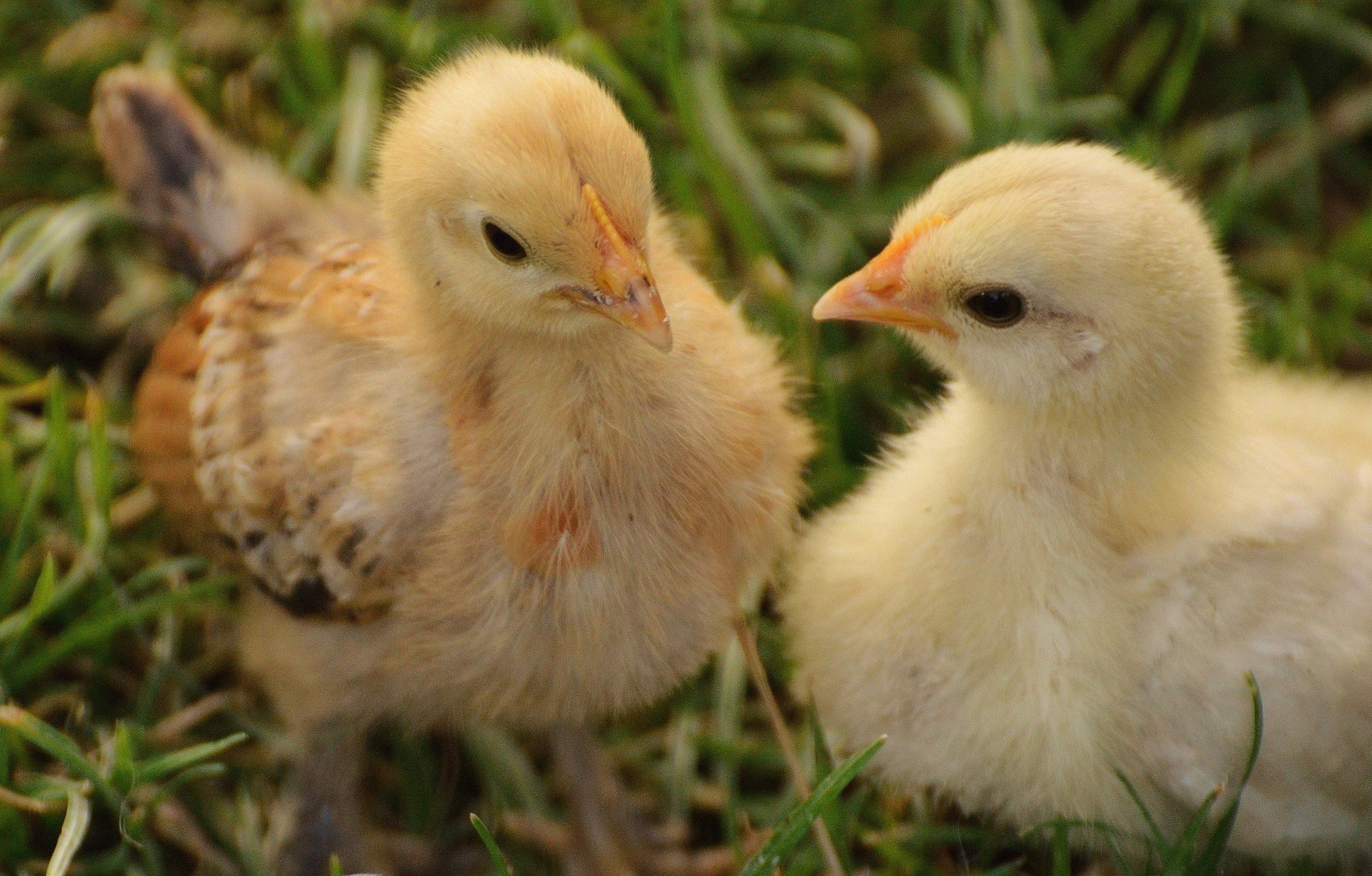As I write, I am preparing for the season of Lent.
Lent this year has come at exactly the right time. Oh, how we need God’s invitation: “Be still and know that I Am God.” (Ps 46:10) It’s all too easy to be dismayed by events in the world, both near and far away. For many of us, anxiety is a sickly layer on our skin, and the air feels thick with fear
Lent is a deeply personal journey I undertake every year. It can be both restful and hard. I will miss the comforts I’ve decided to forgo, but I look forward to the lovely practices I’ll begin for my own soul’s delight. I’m weary, so I expect it will be a difficult daily choice to expand the times that I will make to be more present with God in silence and prayer.
This reflective work looks both inward and outward because I know I exist within widening concentric circles of community that start close and eventually span the globe. I share this earth with my close family and friends, and with billions of neighbors—human and animal creatures—with whom my own well-being is intrinsically tied. So, Lent for me also must acknowledge the places where this interconnectedness and mutual dependency are troubled.
Therefore, as I examine my ways during this Lenten season, I will pay attention to my social location and participation within the systems that affect my fellow earth-sharers. We live within many complex systems built on injustices of every kind, rotten to the bone. This year I am particularly focused upon the food system, examining ways my participation might need to be reimagined and changed.
Globally, the dominant systems that regulate the production, supply, and consumption of food are rooted in oppression and violence to human and animal creatures, the Earth, and the environment. Increasingly, food systems are industrializing their production methods, and they are consolidating into fewer corporations that process, distribute, and sell the food we eat, especially in wealthier countries (the countries of the Global North). In South Africa, where I live, four supermarket corporations now dominate the food system, exerting power over food access and prices.
Globally, food corporations control many of the pathways where food travels, from farms to our plates, telling us what we can eat so that they can maximize their profits. The animals as well as the people laboring to produce or process our food are exploited under regulations that are grossly inadequate. Their well-being is of little value as they live and work under awful conditions. The earth is badly treated for short-term profits, and our environment is being harmed.
In the ways that crop farming has been intensified by using economies of scale to produce the highest yields, the same has applied to animal farming. Corporations have moved into the business of farming animals, in many places replacing smaller family farms. This is happening in many countries.
By treating animals as production units, large numbers of animals live packed into Concentrated Animal Feeding Operations (CAFOs), commonly known as factory farms. Factory farming doesn’t look much like farming. The animals are bred and fed to grow as rapidly as possible so that profits can bank more quickly. In their shortened lives, they can’t behave naturally according to their species. After they are transported to slaughterhouses, the stressed animals are killed on production lines that often move so rapidly that the animals don’t always die quickly, and the safety of the workers is very much at risk.
CAFOs are terrible news for the animals and workers involved, but we don’t see this when we buy our meat, dairy, and egg products from the supermarket. The suffering and horror are hidden by the plastic wrap and marketing labels showing pictures of happy animals and idyllic farms.
We don’t see the evils because CAFOs are located on enclosed lands in rural communities. In the USA and to some extent globally, CAFOs are largely placed in economically vulnerable communities that are over-represented by People of Color. When many animals are confined to live densely packed together, there are risks for public health and for the environment, especially in surrounding areas. These communities have to live with the stench, the environmental damage, and the pathogens that leach from the CAFOs, infecting their air and water sources.
Intensified farming is relatively new to the world. It has only gained momentum over the past seventy years. But the system is already so entrenched that many of us don’t notice what is happening right under our noses as we fry our bacon and eat our cheesy omelets. It all seems too normal! Because we are disconnected from the sources of our food we don’t know what is happening to bring it to our kitchens.
This season of Lent can be a time to pay attention to our food systems. It can be the opportunity to look beyond the packaging and begin naming the evils done to produce our food. It can be a chance to seek more connection with food sources, even if that’s done in very small steps.
Lent is a good season to pay special attention to what is happening in God’s Kin-dom, and to bear witness to the suffering of fellow earth-sharers. It’s a sacred window to be still and allow ourselves to be shaped by our nurturing, loving God.
The Ugandan theologian Emmanuel Katongole writes:
With God’s present help, during Lent we can both lament the oppressive systems of our world, and we can seek social imagination for systems and participation that reflect God’s love for all of Creation.
“Be still and know that I Am God.”

